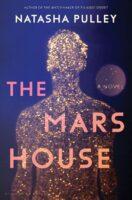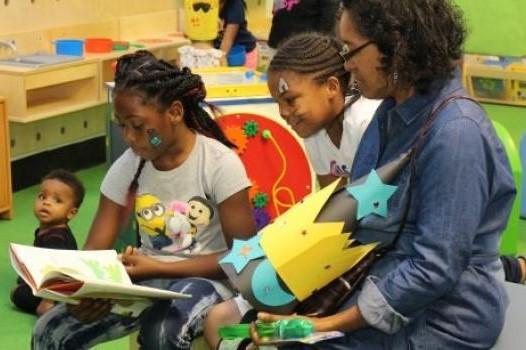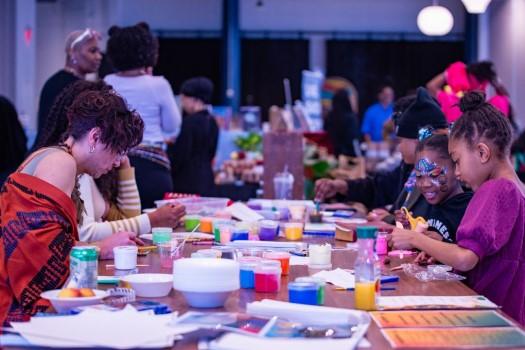
Laura reviews MARS HOUSE, by Natasha Pulley, Bloomsbury Publishing, 2014, 469 pages.
The science fiction novel Mars House by Natasha Pulley features January Stirling as our hero, a principal dancer for the Royal Ballet in London who is forced to emigrate to Mars when the Earth falls apart. There are really no options for him—it’s either die in a refugee camp, battered by wars, famines, fires, and floods, or make the Crossing of space to Mars where they could use his Earthstrong labor.
But Mars-humans aren’t like the Earthstrong; they’re seven feet tall, and slender, and naturalised to very low gravity. Physically, they’ve bred out all characteristics that might indicate their gender; Mars-humans’ pronouns are they/them. Earthstrong people are scary to Mars Naturals; he/she could literally tear them limb to limb by bumping into them, so ALL immigrants have to wear these exoskeleton cages to prevent them from using excessive force.
So January is caged. He works in a factory. He’s off the grid as much as possible because there’s a rising clamor from the Mars colonists to force Earthstrongers to naturalize, a process which basically leaves humans disabled, if not dead. January would absolutely be unable to dance. And he just can’t stomach the idea that some people are bad just for existing.
Enter Aubrey Gale, a Senator of the House Gale for Mars. They’re beautiful, they’re coveted, and they want every Earthstronger to naturalize—as a requirement to live on Mars. And Gal is running for Consul (which is like the President of the whole colony) and doing a PR tour of the very factory January works at. Their encounter doesn’t turn out well; in fact, Gale inadvertently ruins January’s life. And since the backlash in the polls is plummeting their numbers, Gale offers January a job: a five-year marriage contract.
The ebook is seven hundred something pages, but you’ll never know it. The vibe is Memory Called Empire (Arkady Martine) meets CJ Cherryh’s Foreigner series. It deals with immigration, with trust, with communication and childhood issues and chronic conditions and social mores. Most of all, it’s a tentative romance blooming in the environment of a political nightmare—and there’s no way to know which it really is until the end.






